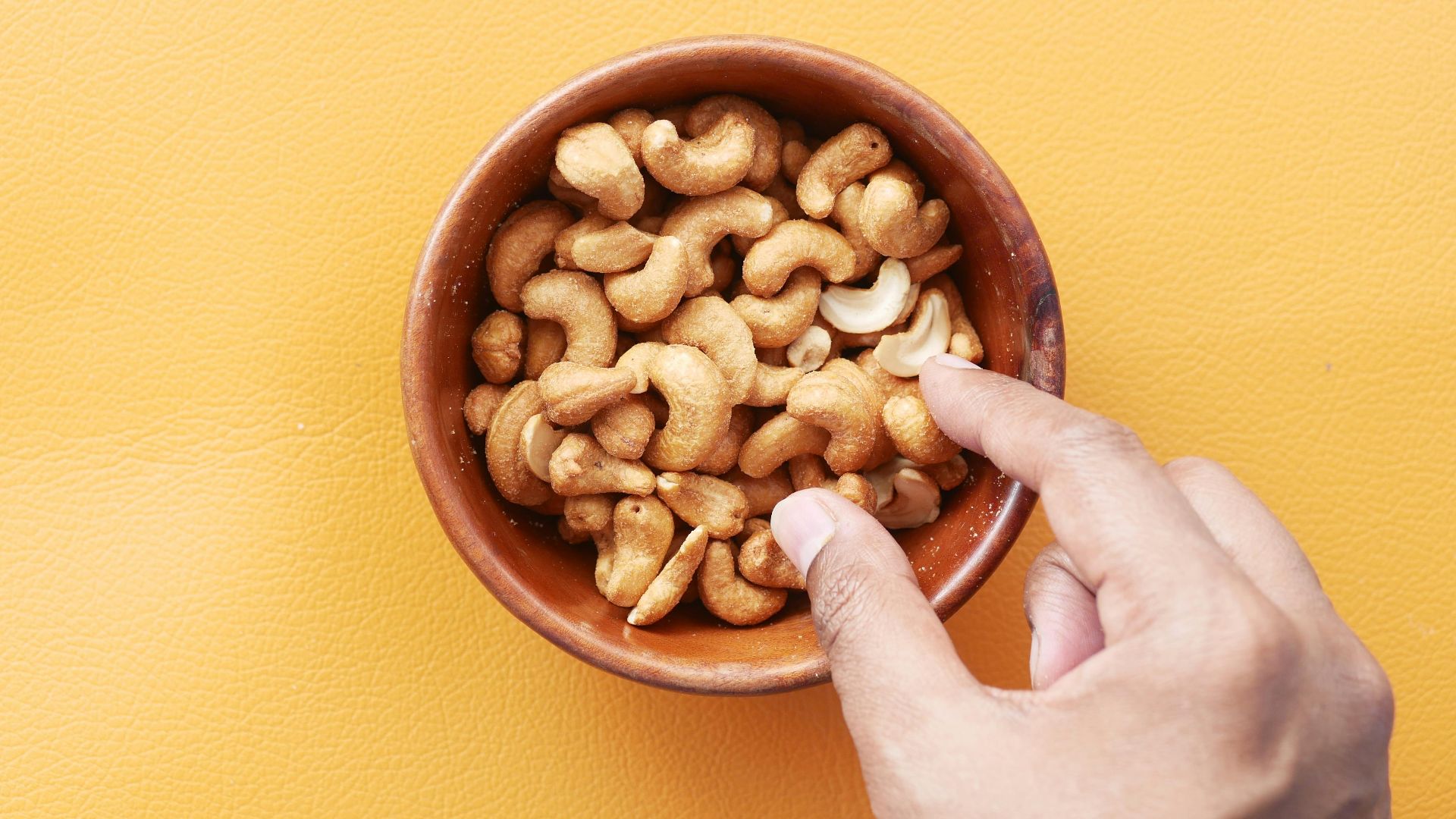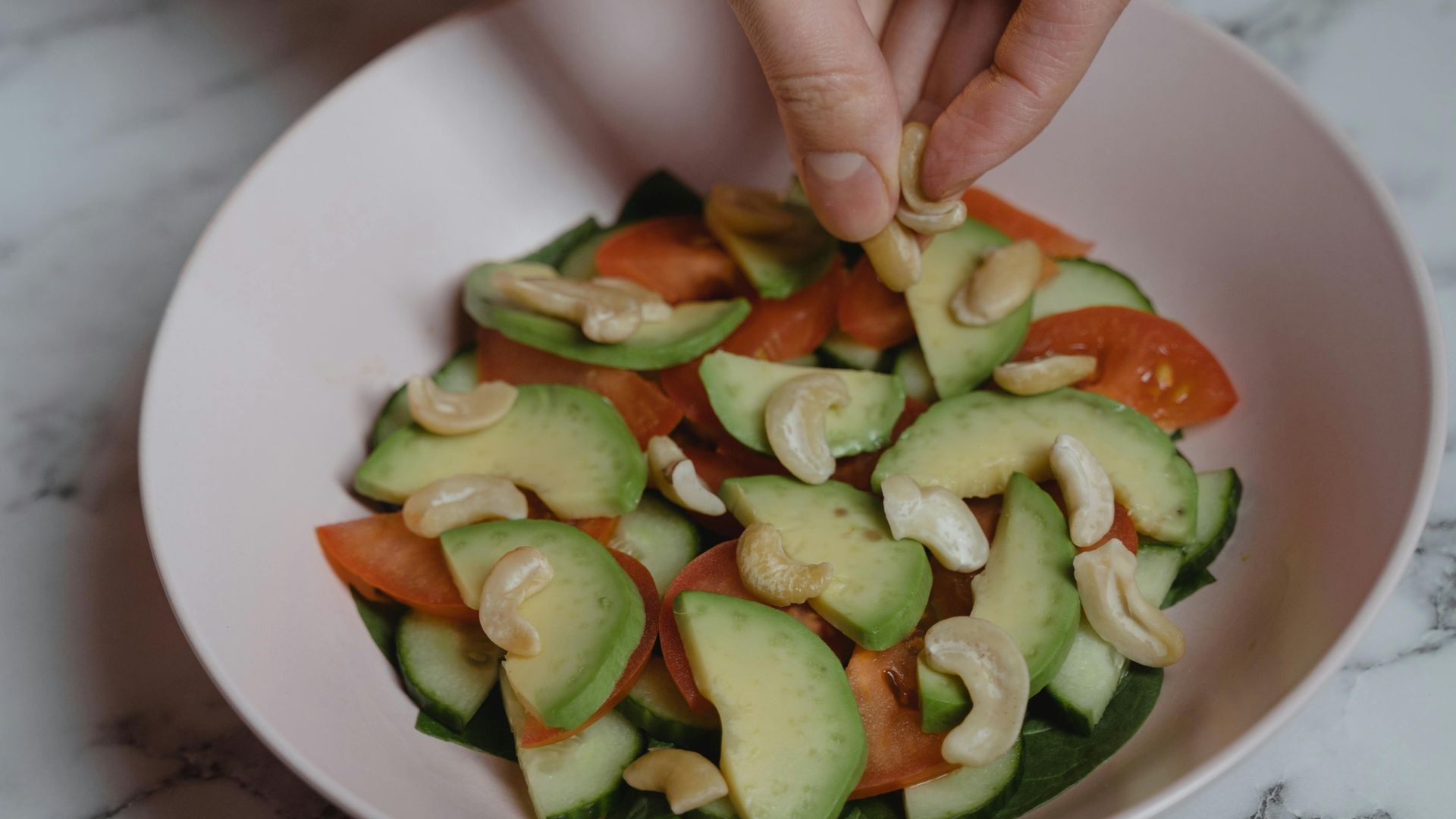How Beneficial Are Cashews, And What's The Most Optimal Way To Eat Them?
Here's something most people don't realize: those kidney-shaped treats you've been tossing into trail mix are actually seeds, not nuts. Cashews grow from the bottom of cashew apples on tropical trees, and they pack a nutritional punch that rivals almost any food in your pantry.
Wondering what makes cashews such a powerful seed? Join us as we take a deeper look.
Nutritional Powerhouse
A single serving of about 18 whole cashews delivers healthy fats, protein, fiber, and a treasure trove of minerals, including copper, magnesium, manganese, vitamin K, phosphorus, and zinc. What makes cashews particularly interesting is their fat profile. While they've gotten a bad reputation for containing saturated fat, much of it emerges from stearic acid, which experts believe has little effect on blood cholesterol.
The majority of their fat content is actually the heart-healthy kind. According to research on cashew composition, roughly 62 percent of cashew fats are monounsaturated, 18 percent polyunsaturated, and the rest a mix of saturated fats. These unsaturated fats help reduce inflammation in your body and support cardiovascular health in ways that go far beyond just satisfying your snack cravings.
The health benefits extend into practically every system in your body. Eating cashews can lower both total cholesterol and LDL cholesterol while also reducing blood pressure and triglycerides. They're also a source of polyphenols and carotenoids, antioxidants that help neutralize damage-causing free radicals.
The Science Behind Eating Them Right
Apparently, the way you prepare cashews can actually change how your body absorbs them and how they taste. Healthline suggests that your body may only digest and absorb some of the calories in cashews because a portion of the fat remains trapped within the cashew's fibrous wall during digestion.
This is true for whole, raw cashews, which might actually aid in weight management despite being calorie-dense. While you can use roasted cashews to make milk and creams, they may produce a grainier texture than recipes prepared with raw cashews, and the nutty flavor will be more pronounced. If you're roasting at home, preheat your oven to 325 degrees and bake for 12–14 minutes.
Soaking is another game-changer for cashew preparation. Soaking your nuts before roasting leads to better absorption of spices and results in a crunchier, easier-to-chew texture. For good results, use a 1:3 ratio of nuts to water when soaking, soak for two to twelve hours, and always drain and discard the soaking water.
Making Them Part Of Your Daily Routine
The optimal daily serving is straightforward: about one ounce or 18 whole cashews. You can munch them plain, toss them into salads, blend them into smoothies, or add them to main dishes like stir-fries and curries. The versatility is remarkable—cashews work in both sweet and savory applications without overwhelming other flavors.
However, moderation matters. People prone to kidney stones should take care of their intake due to cashews' oxalate content. And while cashew allergies are less common than some other nut allergies, they do exist and can be serious.









